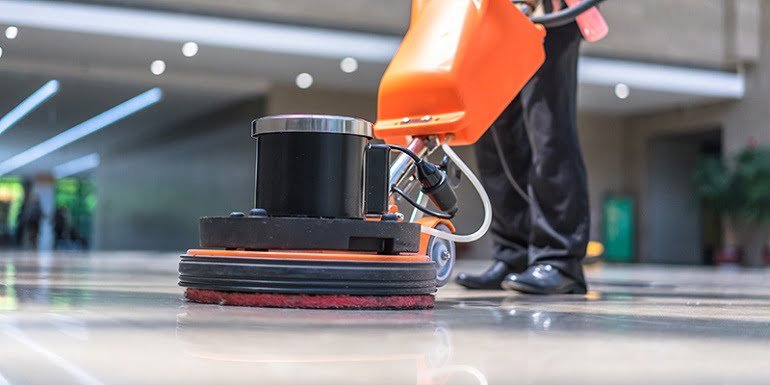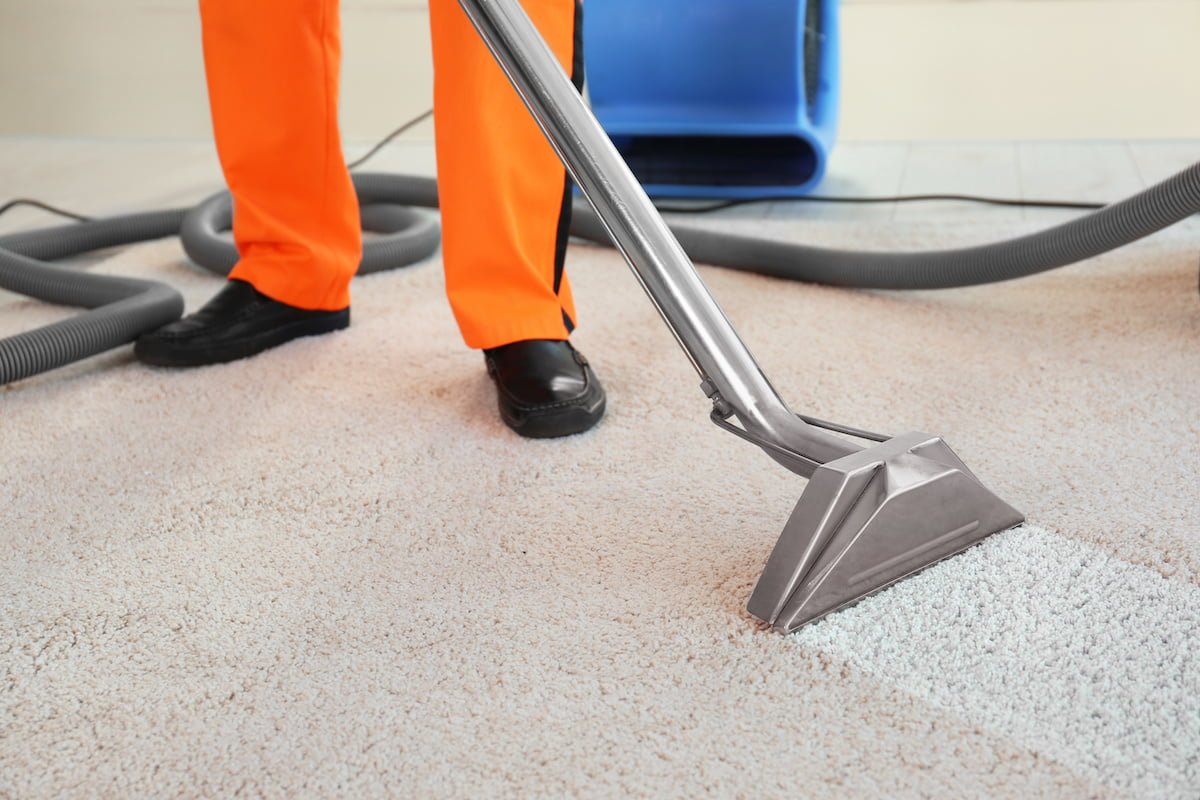Traditional mops and buckets may be replaced with an automated scrubber or a floor-cleaning machine. They apply cleaning solution, scrub, and dry surfaces all in one motion, completing the cleaning process in one step. A floor scrubber speeds up the cleaning process significantly by allowing for one-pass cleaning and the capacity to clean more square feet per hour each hour.
Dirty flooring will put off customers, clients, suppliers, and other visitors to your commercial or industrial building.
What do you need to know about using an automated scrubber?
It would help if you did a few things before using a floor scrubber to ensure you get the most significant results in cleaning floors and minimize any possible machine damage. Your floor scrubber will need to be in good working order before getting started. The batteries’ lifespan might be shortened if they are charged too often.
The squeegee and brush or pad driver might be damaged if a substantial quantity of dust or loose dirt is left behind. When dirt becomes moist, it may turn into mud, making cleaning more difficult and time-consuming.
The automated scrubber solution tank should be filled with your chosen cleaning solution once the previous stages have been completed. Neutral cleaners usually give the best results on sealed floors, and alkaline cleaners for concrete. Turn on the machine, and then change the parameters to your liking.
The health of your flooring system
In addition to being healthy for the health of your flooring system, regular floor washing is good for business. When customers schedule industrial and commercial floor cleaning services, they get various advantages.
When it comes to your health and safety, contamination is more than just an irritation. Customers’ well-being, the integrity of your goods, and even the jobs of your personnel are all at risk.
Flooring is infamous for spreading contamination because people, equipment, and product may drag dirt, toxins, contagions, and pathogens in and out of your office or industrial site.
It is less probable that dirty floors will compromise your workplace’s health and safety if you clean them more often and thoroughly.
Compliance
You must maintain a clean workplace to completely comply with the Food and Drug Administration regulations or your local health inspector.
You will be far more likely to remain in compliance and operational if you schedule floor cleaning throughout the year, particularly before significant reviews and inspections.
Appearance
Smudged or dirty flooring is an eyesore for everyone. To keep your facility or workplace looking its best, you must keep the floor clean.
Your brand’s legitimacy and client trust will benefit from your dedication to outstanding aesthetics, including your flooring.
Liability
It’s crucial to keep your liability low by ensuring that your flooring is clean to prevent health and safety violations, decrease the transmission of sickness or germs, and preserve the quality of your output.
To maintain the integrity of your company, it is imperative that you keep the cleanliness of your floors. Reduced litigation and associated costs are also beneficial to your bottom line.
Longevity
It is less likely that your industrial or commercial flooring will be harmed and deteriorate by moisture, corrosion, or other environmental issues if washed more often and appropriately. Proactive cleaning may significantly impact the life expectancy of your floor.
It’s a mistake to forego regular floor cleaning because of the many advantages. You may have lofty expectations for your company, but balancing them with daily operations may be challenging.




